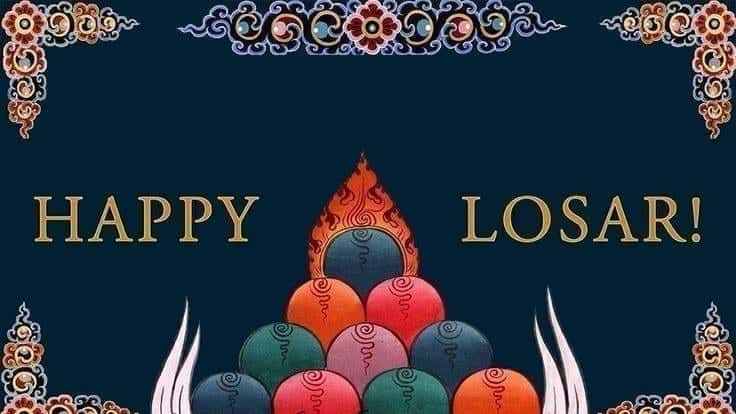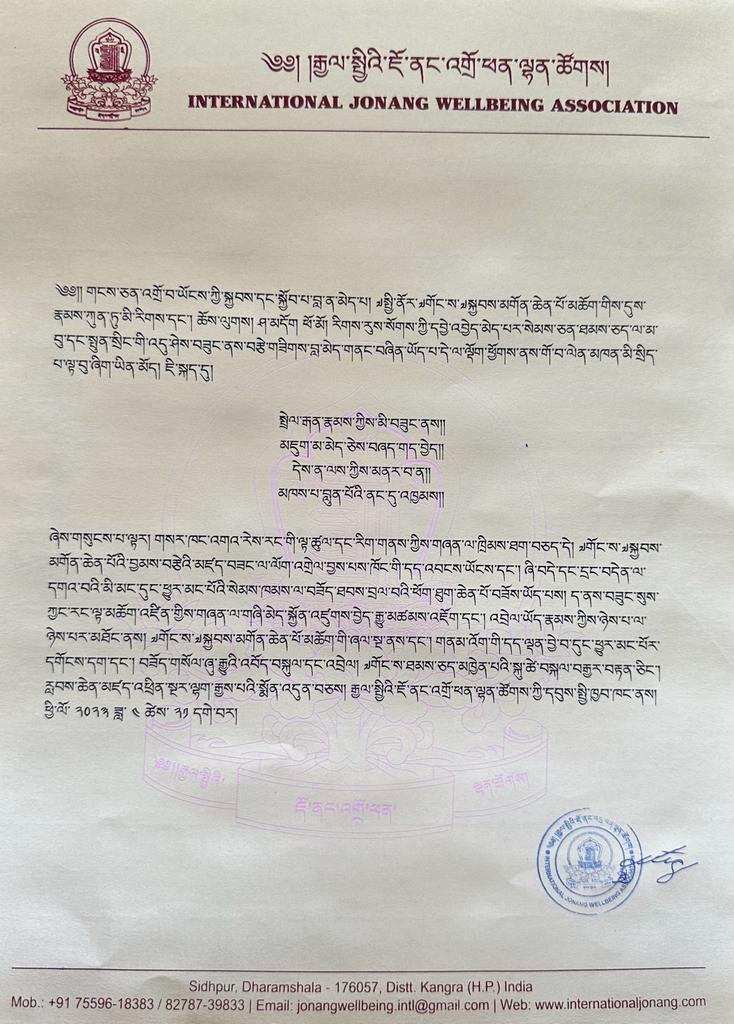Mountain Doctrine
Thirteenth Rather, the emptiness that is the [ultimate] nature of non-entities [that is, emptiness that is the ultimate nature opposite from non-entities] is required. Also, Vasubandhu’s Commentary on the “Extensive Mother,” the “Twenty-five Thousand Stanza Perfection of Wisdom Sutra,” and “Eighteen Thousand Stanza Perfection of Wisdom Sutra”calls the ultimate nature that is empty of adventitious imputations conventionalities and is opposite from conventionalities the nature of non-entities, and thereupon says that this is also the perfection of wisdom of the un-differentiable entity of basis and fruit. From this also, it is established that the profound emptiness that is a synonym of the ultimate noumenon is other-emptiness. Döl-bo-ba handles the many statements such as that (363): The element of attributes is empty of the element of attributes. Thusness is empty of thusness. The limit of reality is empty of the limit of reality. The inconceivable basic element is empty of the inconceivable basic element.by holding that they require interpretation, their purpose being to quiet conceptualization of the element of attributes and so forth as this or that. In this way the element of attributes is not empty of the element of attrib- utes. Since meditation on self-emptiness is not sufficient, he must handle the many statements that afflictive emotions are overcome through meditating on self-emptiness, such as Objection: Aryadeva’s Lamp Compendium for Practice states: All ones-gone-thus possessing an essence of compassion seeing all sentient beings fallen into a whirlpool of suffering, without refuge, and without defender-cause those beings to purify afflictive emotions through thorough knowledge of the nature of afflictive emotions in a conventional manner, and cause them to be thoroughly set in meditative stabilisation having an essence of the mode of reality through having cleansed conventional truth also by means of ultimate truth. and so forth. Does this not say that the entities of afflictive emotions are purified through knowledge itself that they are self-empty? Answer: This is in consideration of temporarily suppressing or reducing the pointedness of coarse afflictive emotions because even.

